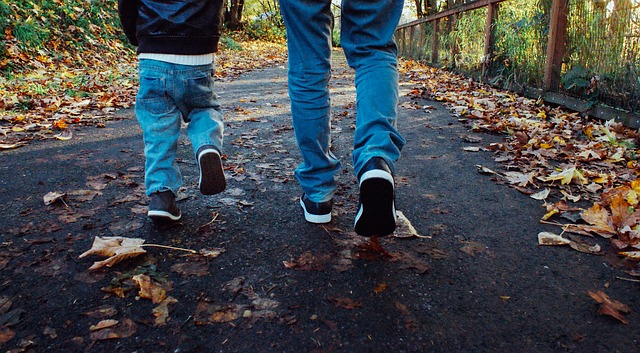I believe that children need discipline.
They need to know where the limits are; they need to know boundaries. Some parents prefer forms of punishment; those who raise their children in an attachment-minded way tend toward teaching and guidance. I wonder, though, if we truly ever get away from punishing – perhaps we don’t spank or use timeout or do blatant rewards, but do we still withhold something our children want until they do something we want?
For example, what do we do if our baby bites while nursing? Common advice is to say “no” and remove the baby from the breast. Does it work? Eventually. Is it punishment? Well, you’re not hitting…but you are withholding.
And if our toddler wants to play with Grandma’s glasses, we put them up on a higher shelf out of reach, but didn’t we just withhold something he wanted? Could that be considered a punishment? Maybe.
So should parents who are practicing Attachment Parenting not be using any form of punishment? Depends on who you ask. I think parents as a whole should try to move away from traditional forms of punishment, such as hitting and yelling, certainly. I personally find great problems with time-out used as a punishment and certain types of reward systems, like sticker charts, make my eyes roll. But briefly withholding the breast to teach a baby not to bite? Well, I think that’s OK, especially if the alternative is a bloody nipple.
Positive discipline can sometimes be confusing to parents new to the concept because of the gray area between what is “good” punishment and what is “bad” punishment, between what is considered punishment and what is considered positive discipline, and why time-out is acceptable in some circles and not in others. When we look at discipline forms in light of attachment, it’s easier to decipher – which teaching tools set behavior limits without breaking the child’s trust in his parent? A good rule to live by is to stay away from discipline that involves physical hurting and shaming.
This doesn’t mean that your child will always be happy with being told “no” or “not now.” But it does mean that she learns it’s her behavior that needs to change, not her as a person. And most of all, how she can change her behavior. She isn’t left believing that something is wrong with her and that there’s nothing she can do to help her circumstances. She’s instead left understanding that she is dearly loved, but that she needs to adjust her behavior in a certain situation and she knows what to do about it. A child should feel empowered through positive discipline – confident in her abilities, not drowning in remorse.
- When Your Baby Is Clingy - March 2, 2013
- Crying as Sport? - July 10, 2012
- Attachment Parenting Isn’t Asking Too Much of Parents – Our Society Is - May 26, 2012



Great read!! Love reading your blog! Keep posting good stuff like this.